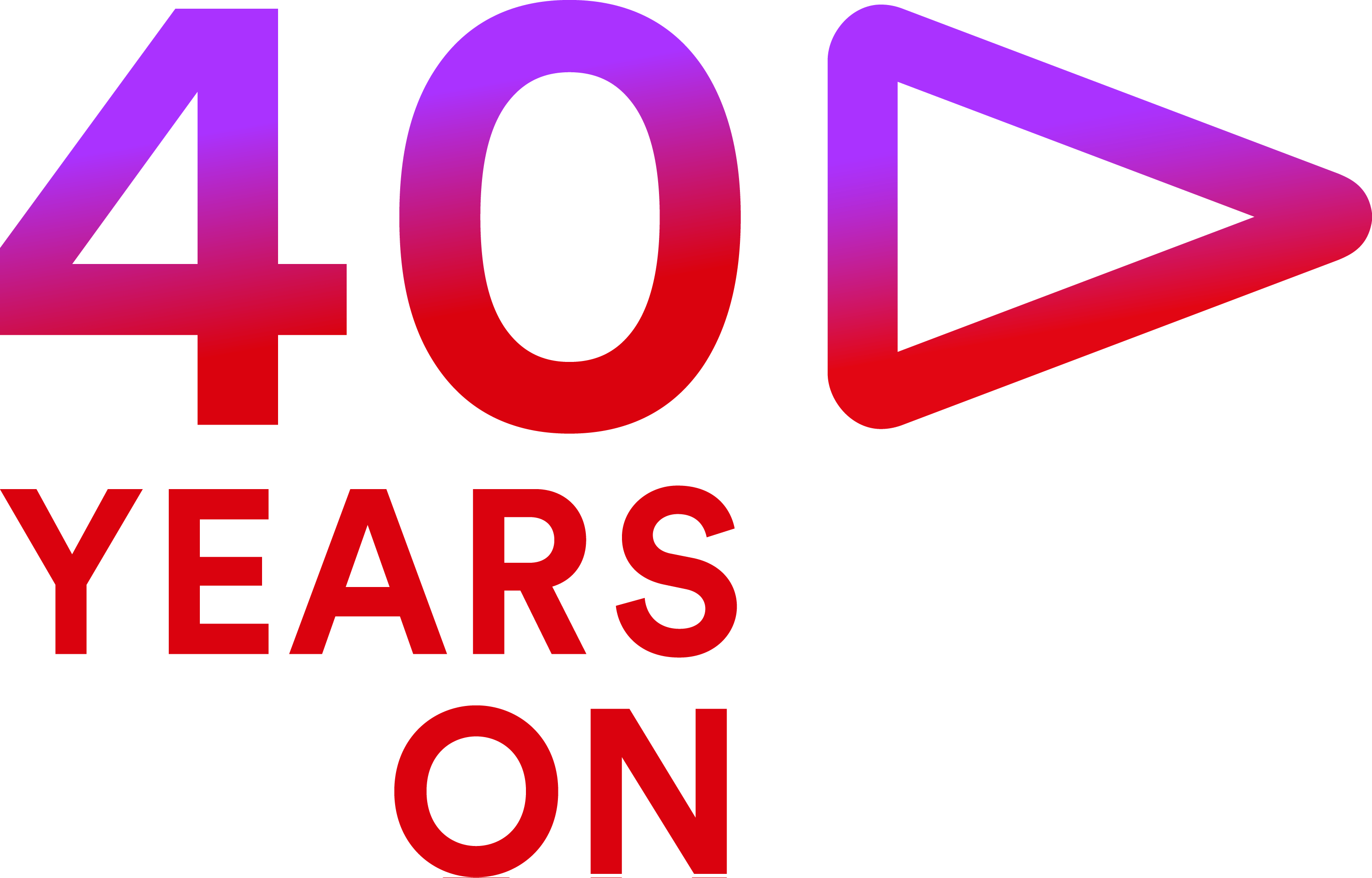16.01.2023 - The European Media Freedom Act aims to strengthen the pluralism and independence of the media in the EU. Thus, the Media Freedom Act pursues the right goals, but the chosen legal instrument of a regulation can only be considered in a few cases in the media sector. The draft addresses diversity concerns and links them to the promotion of the internal market, brings with it legal uncertainties and administrative burdens - and has little chance of achieving its goals.
The proposed regulation contains multi-layered rules on the independence of media companies and editorial decisions, the allocation of state advertising, requirements for the supervision of public and private media, transparency rules on media ownership structures and media measurement as well as on the presentation of content on the major online platforms.
VAUNET supports the fundamental objective of the draft European Media Freedom Act (EMFA) to improve the conditions for the media to contribute to the formation of public opinion in Europe. Unhindered access to professionally and independently – in particular, free from state influence – journalistically and editorially produced information and content is a core prerequisite for the success of democracy.
However, the current regulatory proposal is an ambitious balancing act that threatens to create an additional level of regulation in some areas at the expense of functioning media systems – with unclear effects on the internal market and unclarity of how it relates to the member states’ rules on safeguarding media pluralism. The German Bundesrat has already issued a (politically rare) subsidiarity complaint to the EU Commission, which is comprehended by VAUNET.
In its position paper, VAUNET therefore demands:
- A level playing field instead of restricting economic development opportunities! Better than a European media merger law would be an examination of the effects of mergers of big-tech platforms on the media market.
- The recognition that editorial independence is a matter of course for media companies! This does not require disproportionate regulation that interferes with the internal organisation of media companies.
- That the supervision of independent media is just as independent and remote from the state – the European Commission should also limit itself to organisational support and not be able to influence the work of the new European Media Services Board.
- Access to objective data on audience measurement, also from big-tech platforms, as this is essential for fair competition and the further development of media offerings.
- That journalistic-editorial content is effectively protected from unlawful deletion.
VAUNET calls on the European Parliament and the Council of the European Union to carefully examine the necessity and the effects of the proposed regulations on the media regulations of the Member States in the further procedure. In case of doubt, a minimum harmonisation by a directive is the more suitable instrument for the media sector for regulatory aspects that ensure pluralism.




